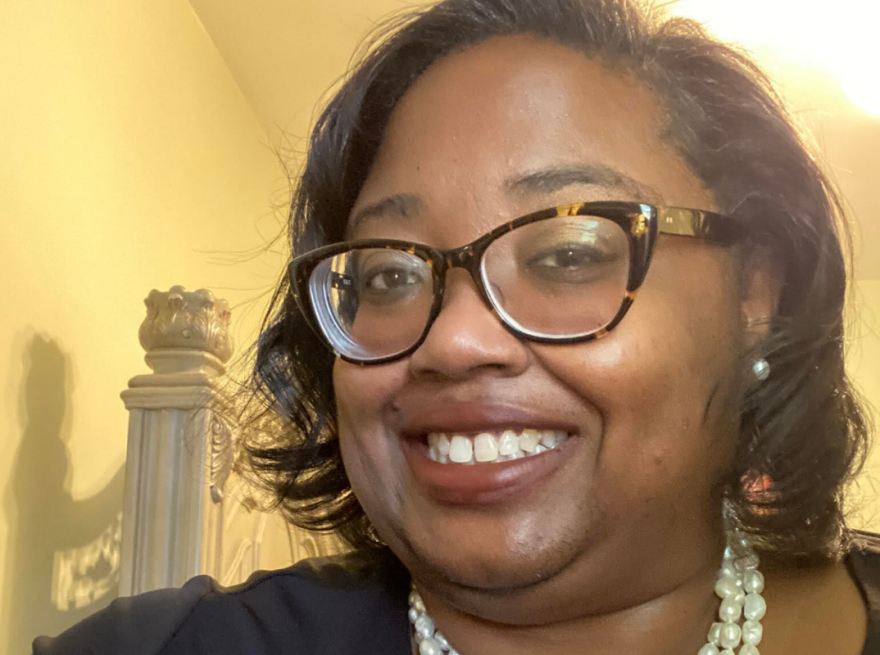As COVID-19 surges to new highs in Michigan and nationwide, Michigan Radio has been speaking with people deeply touched by this pandemic.
One of them is LaToya Henry. She’s forty-four years old, and lives in Oakland County’s Lathrup Village. When COVID hit her in March, things got bad fast.
“I got each symptom each day. So I just continue to get worse,” she said. “So I continue to have the fever. The fever kept going up, then the fatigue started to kick in and then I started to cough.”
Here's Henry remembering the virus that took her from healthy, busy communications professional to an ICU bed in a matter of days.
The onset of symptoms
“At first I thought that I was having trouble breathing because of the cough, because I was just coughing so bad. And then when I realized, no, this is truly shortness of breath. I stay with my parents, and I yelled for my dad to call 911,” she said. And it just was so rapid after that, like they came, I couldn't even walk out to the ambulance, like they had to help me out to put me on the stretcher.
“As soon as they did the chest X-ray, and looked at my lungs, they knew that I had it. And so they told me they were admitting me.
“The last thing I remember is them putting me in a room. Next thing I know briefly, I'm in a fog and I trying to talk like, I see the nurse. And I want to speak to her, but I can't and I can't figure out why I can't talk.
“And then like four days pass and I'm waking up and a nurse goes, you're doing really well. You haven’t had a fever in four days. And hopefully tomorrow we'll take you off the vent. And I'm like VENT? And I’m like, I look down and I'm restrained, and I have no idea where I am.
“After they took me off the vent, I was in the COVID ICU for like two days. And then they put me in just what they call regular ICU for another four days. And then I came home.”
A slow recovery at home
“Those first few months were rough. I didn't have the shortness of breath so much, but the cough lasted probably about six, six weeks. My sense of taste and smell finally started to come back maybe two, three months later. Oh and the fatigue, the fatigue was… I try to look for a word or a way to describe it. And at first on the inside, it felt like my body was trying to make energy and it just couldn't.
“And then the anxiety, the mental part. About June, I started to speak with a therapist because the anxiety was just, it was too much. And then insomnia because I couldn't sleep. The therapist definitely helped me, just thinking of ways to manage the anxiety. And once I was able to do that, the insomnia started to lessen.”
"It’s a monster.”
“I think we're fatigued. I think people are mask fatigued. They're tired of limiting their selves with their families and friends. And it concerns me because people are just like, caution to the wind!
“Nobody talks about flattening the curve anymore. You know, remember, it was just flatten the curve, flatten the curve. And now it's just like, well, hey, hopefully we get through this winter, or we hope this vaccine works.”
“It's a public health crisis. Like it's not about Libertarians, Democrats, Independents… It's a public health crisis. And so, like, let's look at it from that point.
“It’s a monster. And I don't want anybody to have to experience it, just not at all.”







